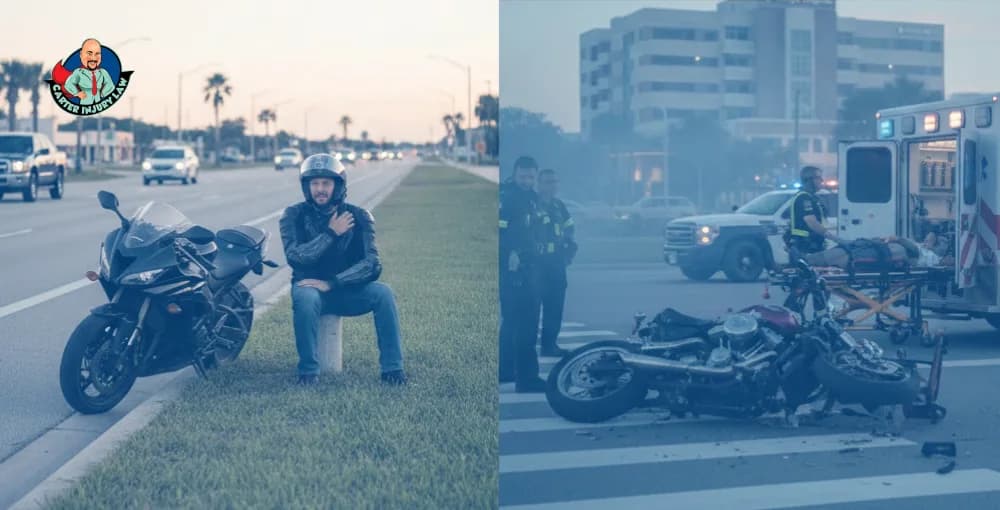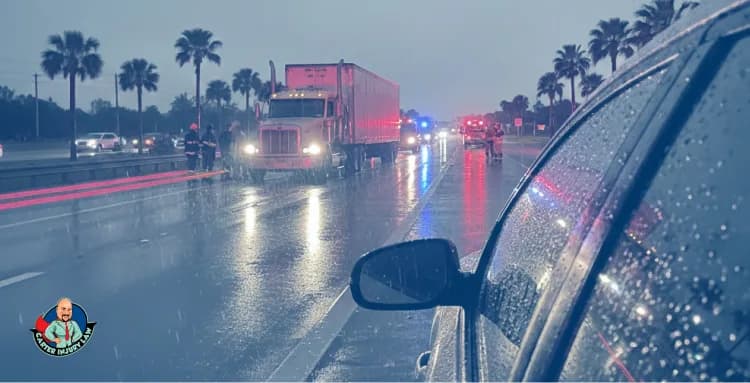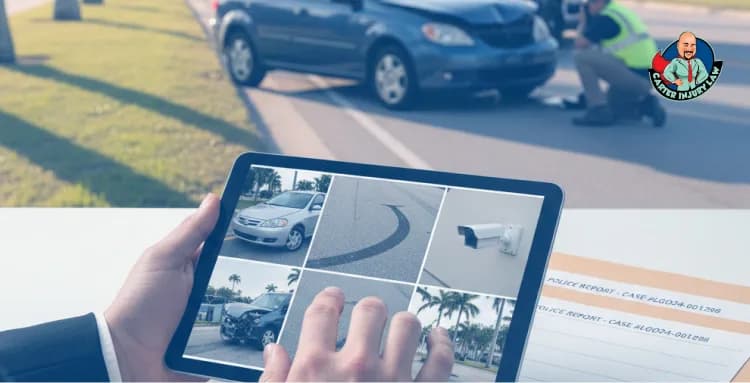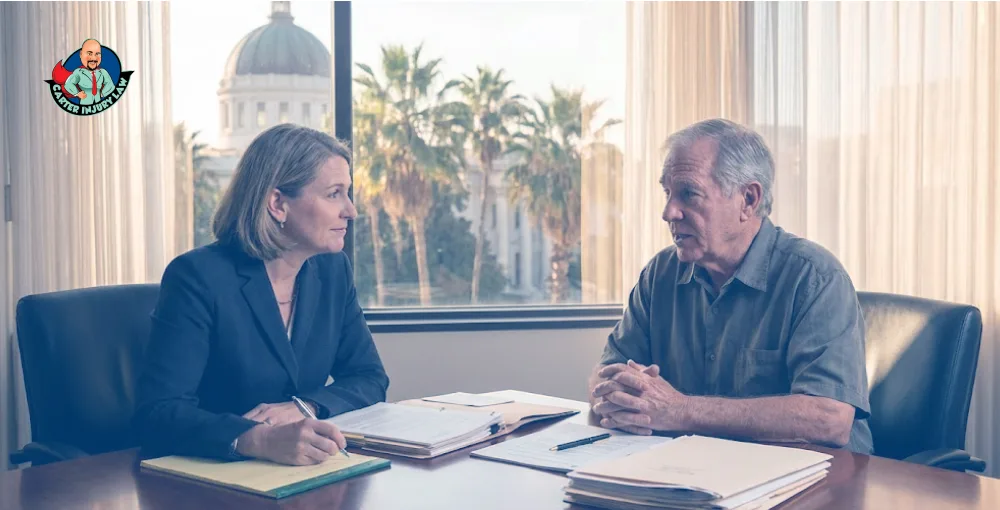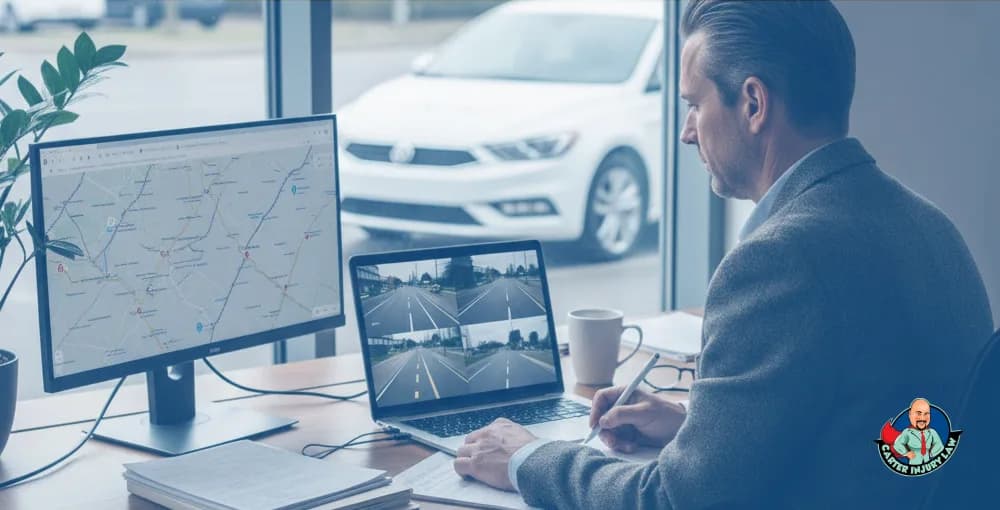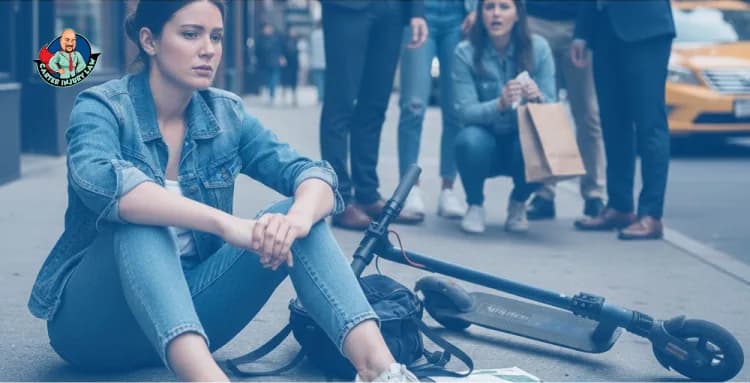I have spent years representing Floridians injured in golf cart accidents, and I can tell you with certainty that most of the tragedies I see at night share a common thread…poor visibility. Golf carts were never designed for the dangers of darkened roads, yet they are increasingly used after sunset in neighborhoods, resorts, and retirement communities. What begins as a quiet evening ride can end with sirens, shattered glass, and lives changed forever.
The law is clear about what is required, headlights, brake lights, and reflectors are not optional luxuries; they are lifelines. However, time and again I find myself asking a sobering question in these cases, when the lights were missing or ignored, what chance did anyone truly have?
(1) What Florida Law Demands of Every Driver
Florida law does not leave this matter to chance. Under Section 316.212 of our statutes, a golf cart may not lawfully travel on public roads after sunset unless it is equipped with the essentials, headlights, brake lights, turn signals, and reflectors. These are not bureaucratic trimmings, they are the bare minimum safeguards demanded of anyone who wishes to share the roadway at night.
When I am called to investigate a crash, one of the very first questions I must answer is deceptively simple, did the cart meet these requirements ? If the answer is no, the legal ground beneath the operator’s feet quickly gives way. Courts view such violations as negligence on their face, and juries seldom show sympathy to those who choose to roll into the dark without the basic tools of visibility.
And yet, it is not only about statutes and liability. It is about the silent margin between being seen and being struck, a margin as thin as the beam of a headlight.
(2) When Visibility Fails, Liability Follows
In the courtroom, visibility is more than a matter of safety, it is a matter of blame. The law has a phrase for it, negligence per se, meaning that if you drive a golf cart at night without the equipment the statute demands, you are negligent by the very act itself. There is no debate to be had, the failure to comply has already written half the verdict.
Insurance companies know this as well as any lawyer. When I present a claim, adjusters will comb through the facts with a single question in mind, was the cart properly lit ? If the answer is no, their willingness to compensate an injured driver or passenger diminishes swiftly. In the eyes of insurers, a darkened cart is not a victim; it is a liability.
I have stood across from juries who listened carefully to such evidence. They may sympathize with a family’s loss, but when they hear that the cart was invisible on the roadway, their compassion hardens into doubt. To them, the absence of lights feels like the absence of responsibility.
Yet beyond legal doctrines and insurance tactics lies a harsher truth, when visibility is neglected, justice itself becomes clouded. And that is when the real tragedies begin to unfold.
(3) The Human Cost of Darkness
In my practice, I have met families who never imagined that a short ride home from dinner could alter their lives forever. A golf cart struck by a car at night is rarely a minor incident. Unlike automobiles, carts offer no steel frame, no airbags, and no margin for error. When they are unseen until the final moment, the outcome is often severe, broken bones, head injuries, or worse.
I recall cases where drivers insisted they never saw the cart until impact, and the evidence supported their words. No headlights, no brake lights, no reflective tape, nothing to announce the cart’s presence in the dark. In those moments, fault and fate collide, and I am left to help families pick up the pieces of a tragedy that could have been avoided with something as simple as a functioning bulb.
These are not abstract dangers, they are nightly risks on Florida’s roads and community pathways. When visibility rules are ignored, the cost is measured not only in courtrooms and insurance claims, but in hospital beds and funerals. And the cruelest truth of all is this, nearly every one of these accidents was preventable.
(4) Simple Measures That Save Lives
The law sets the minimum, but wisdom counsels more. If you drive a golf cart at night, see to it that your headlights, brake lights, and reflectors are not only present, but in working order. A light that flickers or a reflector dulled by age may prove useless when seconds matter most.
I advise my clients, and indeed my friends, to think of visibility as a shield. Keep your equipment in good repair, add reflective markings if the manufacturer has given you little, and never assume that a driver approaching from behind will see you without help. Slow your speed after dark, and give others on the roadway the gift of time to notice you.
In the end, these measures cost little compared to the devastation I have seen when they are ignored. A few minutes of care before you set out may well spare you, and those you love, from the kind of accident that fills my files with sorrow.
(5) In Closing, A Lawyer’s Plea for Caution
As a lawyer, I am often called upon after the damage is done, when the questions are no longer about prevention but about fault and recovery. Yet each time I study the fragments of a golf cart accident, I am reminded of how easily so many of them could have been avoided. Lights, reflectors, and caution are simple things, yet they stand between a quiet evening and a lifelong tragedy.
If there is one truth I wish every Floridian would take to heart, it is this, the rules of visibility are not burdens to be borne; they are protections to be embraced. They safeguard not only your legal standing but also your very life.
I fight for those who have suffered when these safeguards were absent. However, I would far rather see fewer clients in my office and more carts on our roads lit brightly, seen clearly, and guided home safely. For in the end, the greatest victory is not won in court but on the road before the crash ever occurs.
(6) If the Unavoidable Happens, I Am Here to Help
If the unavoidable happens and you or your loved one are involved in a golf cart accident, know that there is still hope. My role is to guide you through the confusion, to stand in your corner, and to pursue the justice and compensation you deserve. We work on a contingency fee basis, which means you pay nothing unless we recover for you.
Time, in the wake of an accident, is both ally and adversary. In Florida, the law allows two years from the date of a golf cart accident to file a personal injury lawsuit. Two years may seem ample, yet in my experience, it passes more quickly than most anticipate, and waiting too long can close the door on justice entirely.
I counsel those who come to me that instant action is essential. Every day that slips by risks the loss of evidence, fading witness memories, and diminished clarity of the facts. Photographs of the scene, statements from those who saw what occurred, and thorough medical records are all best preserved when attention is immediate, not delayed.
Your case is your life, your health, and your future. Allow me to carry the burden of the legal fight so you can focus on healing and rebuilding.




